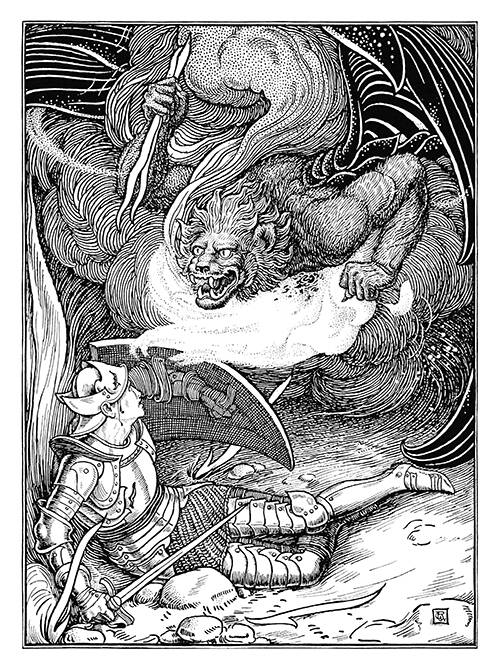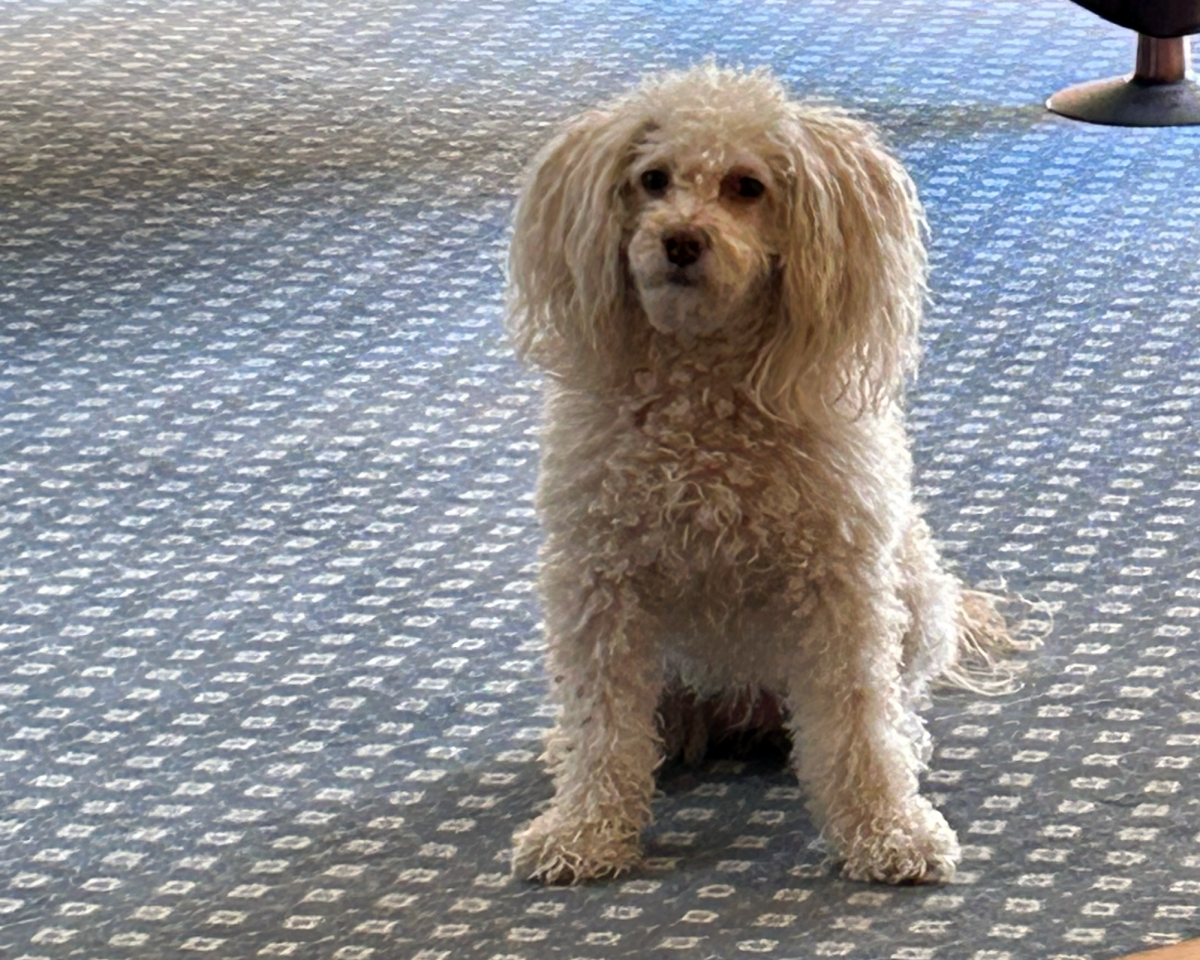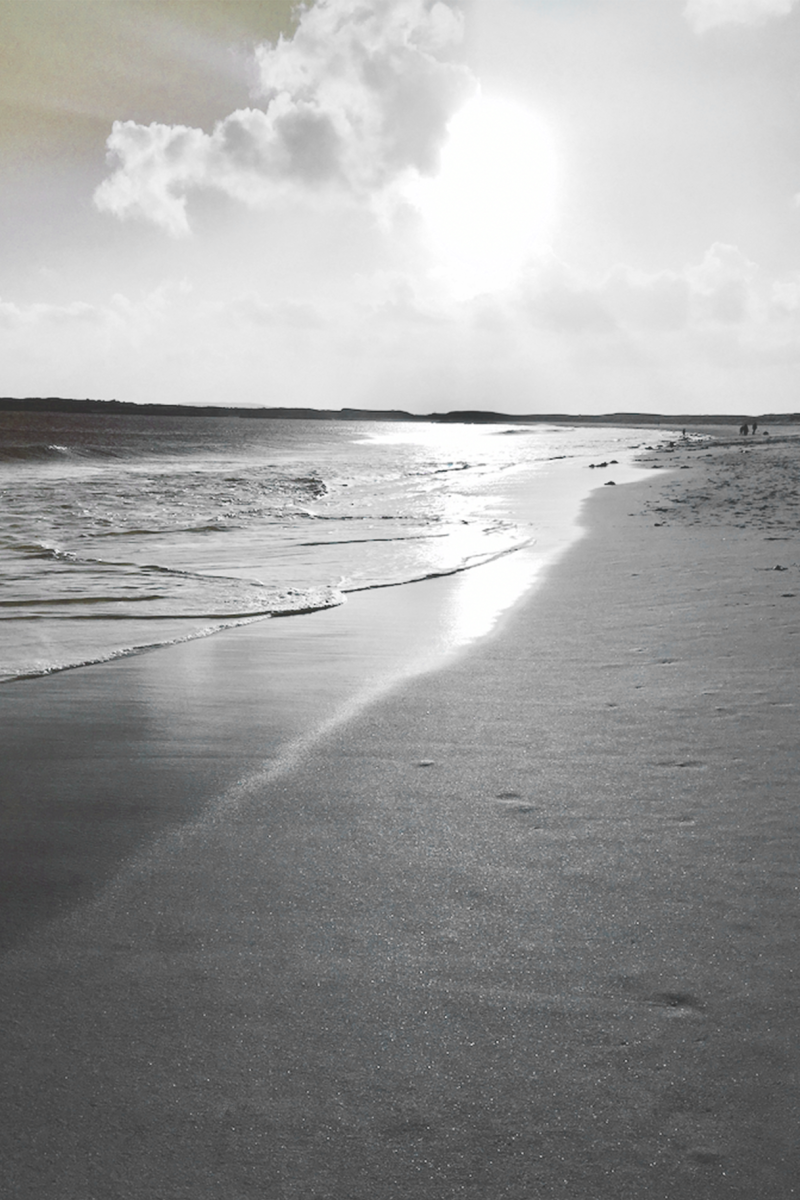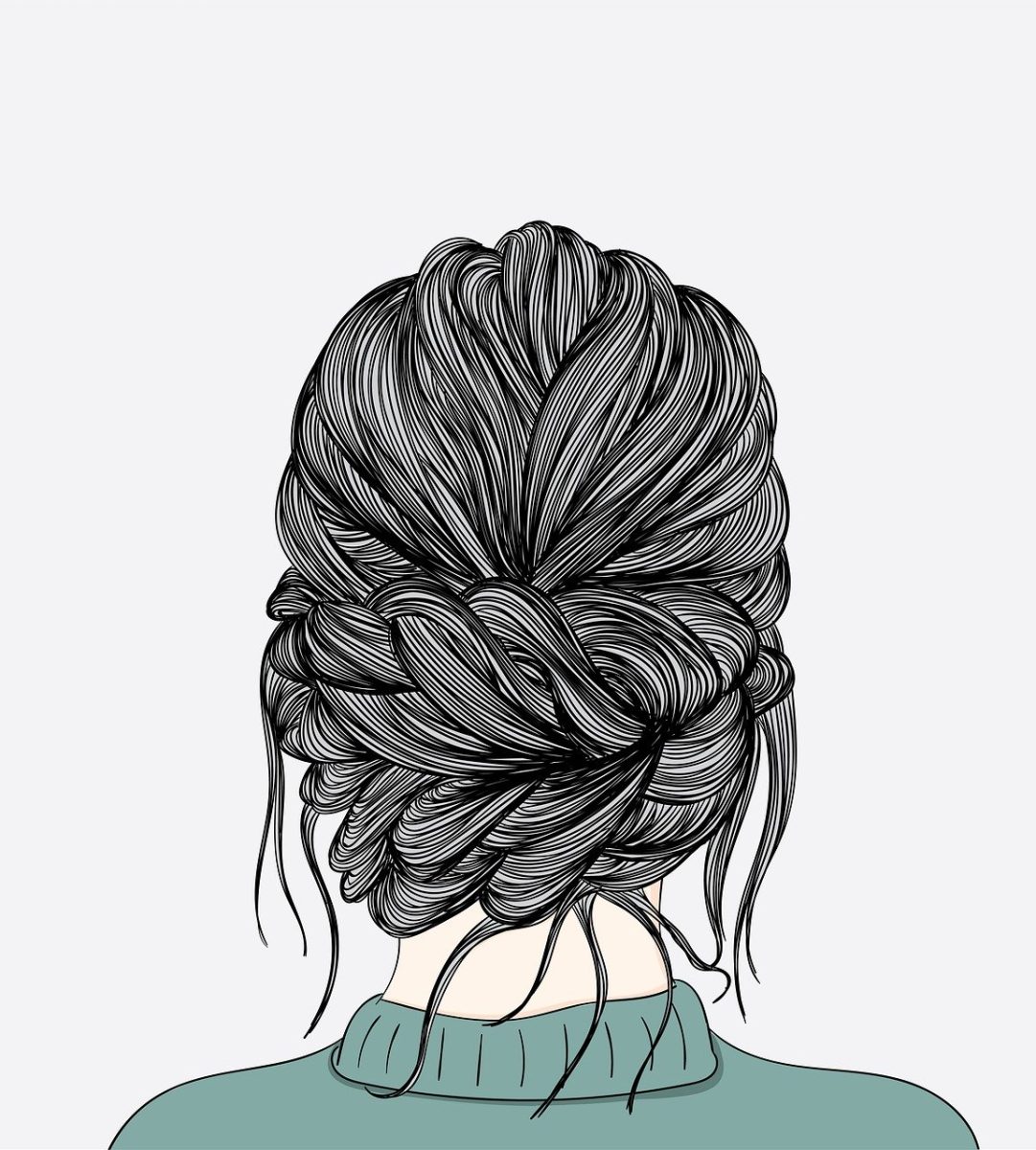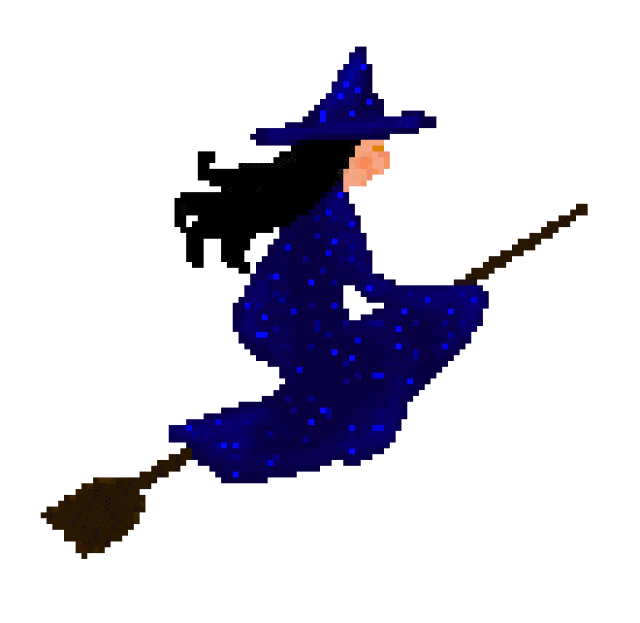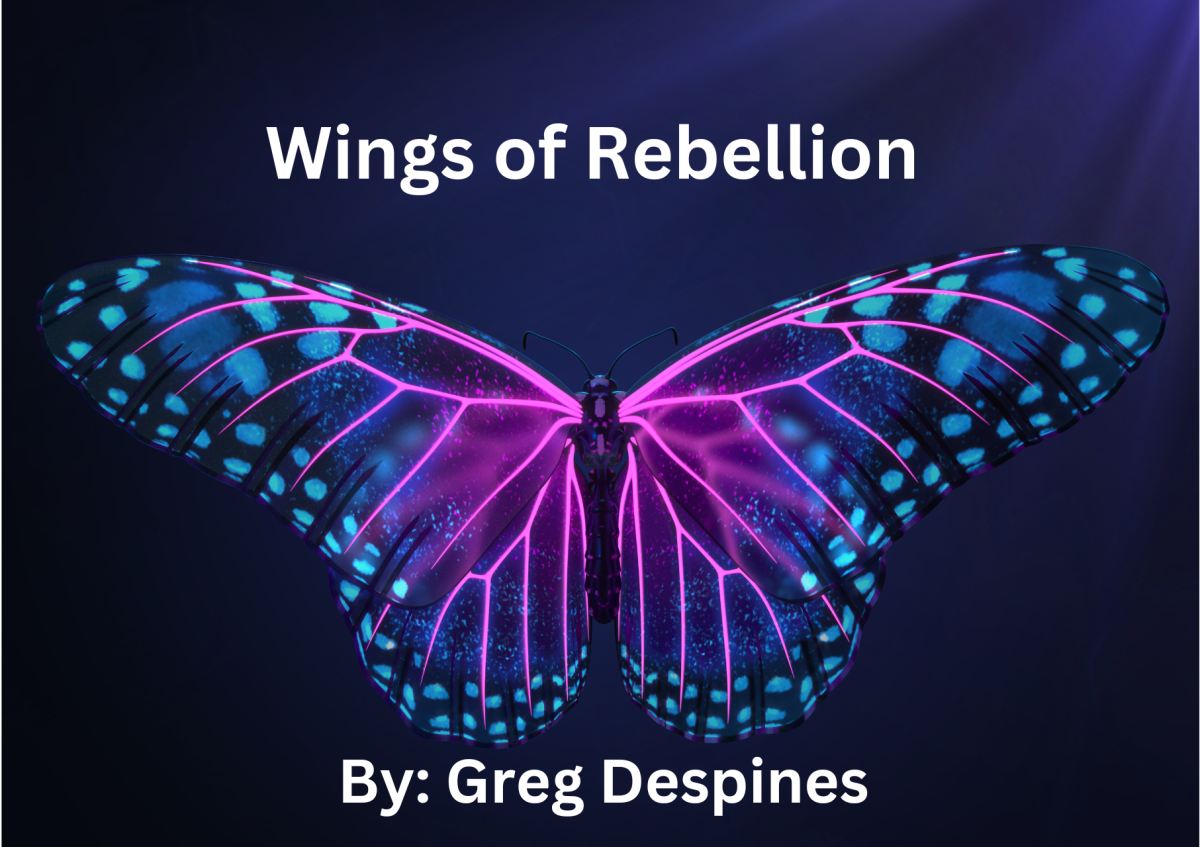Submitted by student: JJ Davis
We were hiding the body, by digging its own grave. The smell of the rotting skin, the soil, the dry blood, and the car fuel all made me queasy. I was surrounded by five other members of the organization plus the advisor who all seemed more than happy to dig the body in order to hide it. I found myself speaking, as much as I knew that I could be next, “But why are we digging this body?” The older student who had already grown a beard and mustache and looked like a tree spoke, “In a bureaucratic organization, we need to keep in mind our stakeholders. They have asked us very kindly to dig this body, and we need the funding. Hence, we are digging the body.” It seemed like pretty faulty reasoning, but when I signed the contract for joining the organization, Roderick Rules Of Organization, I didn’t realize I was signing up to dig up a body.
This was the first meeting I had ever attended, and despite my initial admiration of the five, being seemingly older students and all…and the advisor being wise, it was called The Society, and prior to joining, I had assumed that we were the ones running the student show. After we dug the grave, we had to get these Thor-like hammers, and break stone to carve a grave, which we would then stitch together to finalize the grave and carve a sort-of memory for this body. I felt the odor from my sweat begin to bother me, it wasn’t the normal athletic sweat I was used to, it was mixed with the rotting skin, dry blood, car fuel, and soil. Right before we assembled the grave, our aide, our advisor, took a light and some oil and covered it over the body, which gave it some sort of cremation.
As we were watching it burn, he took out some s’mores, “As a community, we value the principles that created The Society. Revival, we will always rise from the ashes of our failures. Uvula, we will always use our voices for good. Sarcasm, as what is a community without some good humor to break the ice? Hors d’oeuvres as we love to eat in our free time. These S’mores are representative of our supportive community.” The other five members all nodded in unison, as if they were hypnotized into agreement as we ate s’mores on the body.
As we finished our s’mores and the fire finally receded, we finally built the grave. In it, our advisor carved words that would come to haunt me for the rest of my time. “He was a good student.” I had assumed the body was random, but the word “student” made me realize it had come within our own walls, yet only we knew about it, and yet, instead of doing what I thought was right – what was defined as right was to bury the body. When I went back to school, I felt a hollow sense of accomplishment. We had achieved what we set out to do, but was what we had done right? did we stand for our convictions and values? Or did we just follow a bureaucratic protocol, as it’s what our stakeholders wanted?
I felt like an insane person as what I had defined as wrong was clearly being labeled as right, but since the bureaucratic stakeholders agreed to it, it must be right. I decided to stay for the rest of the meetings, where most of the time all we really did was talk and vote – voted on whether or not we should supply students with pink flip flops, whether or not we could further our behavior by hiding our behavior to the public, and whether it was valuable to smuggle alcohol to our campus. It felt arbitrary, but each debate gave it a sense of importance due to the emotions running hot.
I thought it would be ok until the next semester occurred. We had to dig up another body. They had somehow looped in five new students in addition to me and this time they just watched as the sweat mixed with the dry blood, the rotting skin and coarse bones, drinking champagne that they had smuggled last semester while we dug up the body. All the new students seemed enthusiastic to join The Society as The Society had a natural knack for appearing prestigious and having some likable characters on the surface. The second time I was doing this, I knew my convictions from last time had solidified. What we were doing was wrong, but the praise, the intoxication of being lauded for our achievements had become like heroin to our leaders and they couldn’t get enough of it. Whenever I asked a question or tried to, it was seen as “disrespectful”, yet when one student came from the newspaper and reported how we were digging bodies up, they suddenly mattered as they cared more about the preservation of The Society rather than doing what is right as a society. Yet, I remained.
Once you join you could never leave until graduation, yet, every semester we had to dig up a new body while the mix of the blood, skin, bones, soil, and car fuel while the leaders drank champagne became engraved into my mind. By the time I graduated I was a new person, The Society had changed me. Yet, the other members seemed unfazed as they all continued to dig up bodies every semester.

![Macauley, Charles Raymond. Tossed the light of the candle to and fro about their steps. 1904. The Strange Case of Dr. Jekyll and Mr. Hyde, by Robert Louis Stevenson, Scott-Thaw Company. Old Book Illustrations, https://www.oldbookillustrations.com/illustrations/tossed-light-candle/. [oldbookill...ations.com]](https://lcvoices.com/wp-content/uploads/2025/10/tossed-light-candle-864.jpg)
